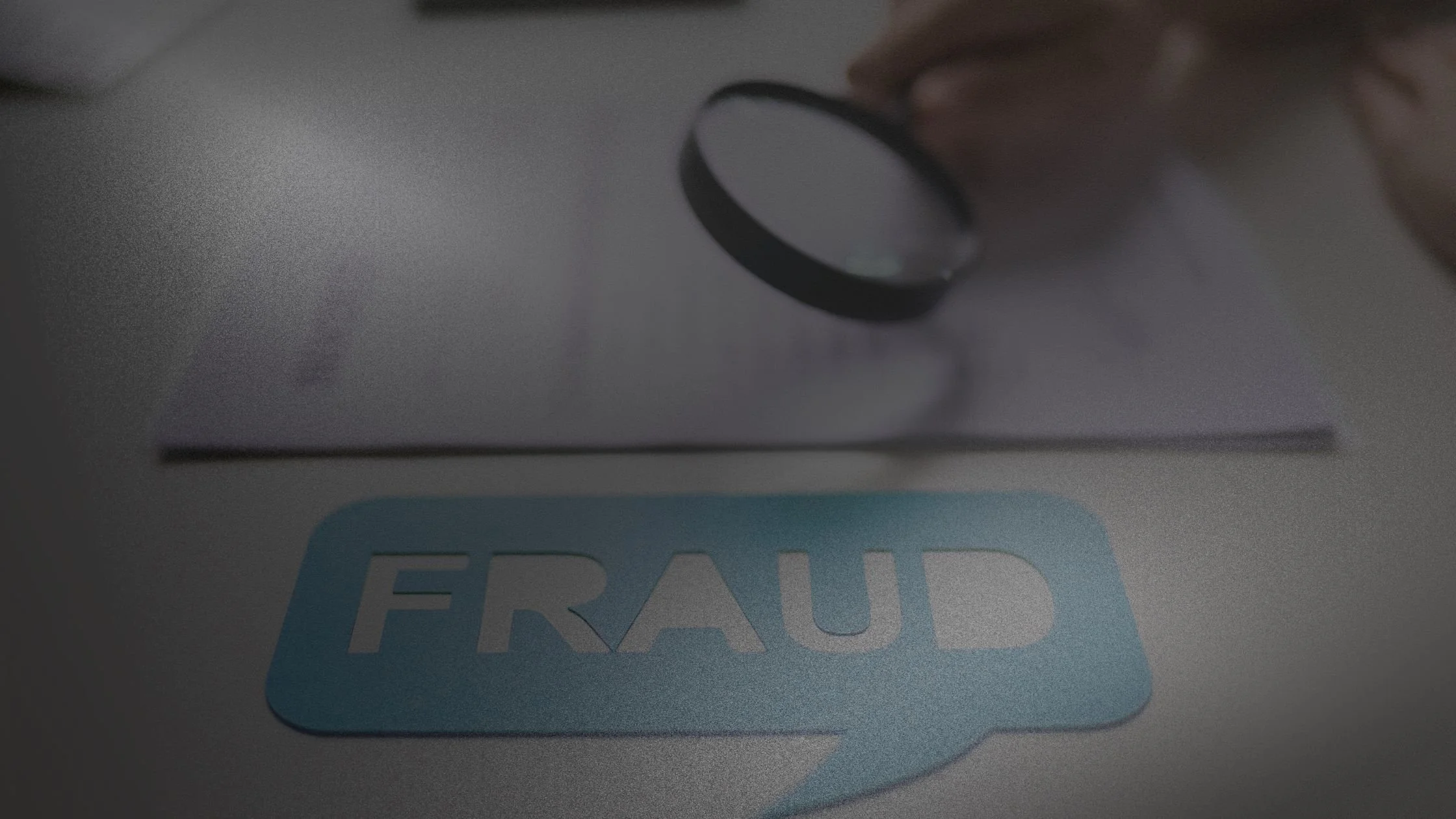Workplace theft and fraud are serious concerns that cost businesses billions of dollars annually. From employee theft of company assets to financial fraud and embezzlement, businesses must take proactive measures to prevent losses. Conducting comprehensive background checks helps companies mitigate these risks by ensuring they hire trustworthy employees who uphold ethical workplace standards.
The Cost of Workplace Theft and Fraud
According to the Association of Certified Fraud Examiners (ACFE), businesses lose 5% of their annual revenue to occupational fraud. Common types of employee theft and fraud include:
Asset misappropriation: Stealing company funds, inventory, or intellectual property.
Financial fraud: Embezzlement, payroll fraud, or falsifying financial documents.
Time theft: Exaggerating hours worked, taking unapproved breaks, or engaging in side jobs on company time.
Identity theft and data breaches: Unauthorized access to confidential company or customer information.
Implementing thorough background screening helps businesses identify candidates with a history of unethical behavior and reduce the risk of internal fraud.
How Background Checks Help Prevent Theft and Fraud
1. Criminal Background Checks for Fraud Prevention
Identifies candidates with prior convictions for theft, fraud, or embezzlement.
Screens for white-collar crimes, financial misconduct, and cybercrimes.
Ensures compliance with industry regulations requiring fraud-prevention measures.
2. Credit History Checks for Financial Roles
Essential for positions handling company finances, cash transactions, or sensitive financial data.
Identifies candidates with financial instability, bankruptcies, or excessive debt that could increase fraud risk.
Ensures compliance with financial industry hiring regulations (SEC, FINRA, and banking laws).
3. Employment and Reference Verification
Confirms past job roles, responsibilities, and reason for leaving to detect prior terminations due to misconduct.
Contacts previous employers to assess candidate reliability and work ethic.
Identifies discrepancies in employment history that may indicate resume fraud.
4. Drug Screening for High-Risk Positions
Employees with substance abuse issues may be more likely to engage in theft or fraud.
Drug testing ensures that employees in security-sensitive positions are mentally and physically fit for duty.
Reduces workplace risks associated with substance-related impairment.
5. Social Media and Online Presence Checks
Identifies red flags in online behavior that may indicate unethical tendencies.
Screens for past posts or activities related to fraud, theft, or workplace misconduct.
Helps ensure candidates align with company values and ethics.
Industries Most Vulnerable to Workplace Theft and Fraud
1. Retail and Hospitality
High employee turnover and cash transactions increase theft risk.
Background checks help prevent internal theft and inventory shrinkage.
Retail theft accounts for over $50 billion in losses annually.
2. Banking and Finance
Employees handle confidential customer data, large transactions, and company assets.
Strict regulatory requirements mandate thorough financial background screening.
Credit history checks and criminal screenings prevent embezzlement and financial fraud.
3. Healthcare and Pharmaceuticals
Access to prescription drugs and patient financial records increases fraud risks.
Background checks prevent hiring employees with a history of medical or insurance fraud.
Ensures compliance with HIPAA and healthcare regulatory standards.
4. Transportation and Logistics
Employees handle valuable shipments and company vehicles.
Criminal background checks prevent cargo theft and fraudulent activity.
Drug screenings ensure compliance with DOT and safety regulations.
Case Study: How Background Checks Reduced Fraud in a Retail Chain
A major retail company suffered significant financial losses due to employee theft. Upon investigation, they found that several employees had previous criminal records for shoplifting and financial fraud.
Solution:
Implemented criminal background and financial screening for all new hires.
Conducted regular audits and surprise employee screenings.
Provided fraud-prevention training to employees.
Results:
Reduced internal theft cases by 60% within a year.
Improved compliance with industry best practices.
Strengthened company reputation for secure and ethical business operations.
Best Practices for Using Background Checks to Prevent Workplace Fraud
1. Develop a Fraud Prevention Hiring Policy
Clearly define which background checks are required for different roles.
Ensure compliance with Fair Credit Reporting Act (FCRA) and state regulations.
Apply consistent screening policies to all candidates to avoid discrimination claims.
2. Partner with a Trusted Background Screening Provider
Use an FCRA-compliant background check service to ensure accuracy and compliance.
Conduct real-time verification of criminal, financial, and employment history.
Implement continuous monitoring for high-risk roles requiring ongoing oversight.
3. Train HR and Hiring Managers on Fraud Detection
Educate hiring teams on red flags in background reports.
Encourage thorough reference checks and follow-up verification.
Implement fraud-prevention training programs for employees.
Take the Next Step Toward a Fraud-Free Workplace
Employee fraud and theft can have devastating financial and reputational consequences for businesses. Conducting comprehensive background screening ensures that companies hire trustworthy employees, protecting assets, customers, and stakeholders.
At KENTECH Consulting, Inc., we provide specialized fraud-prevention background screening solutions to help businesses mitigate financial risks and maintain compliance.
Schedule a free consultation today to implement a background check strategy that protects your business from theft and fraud.


